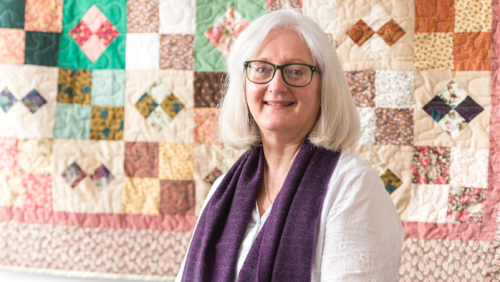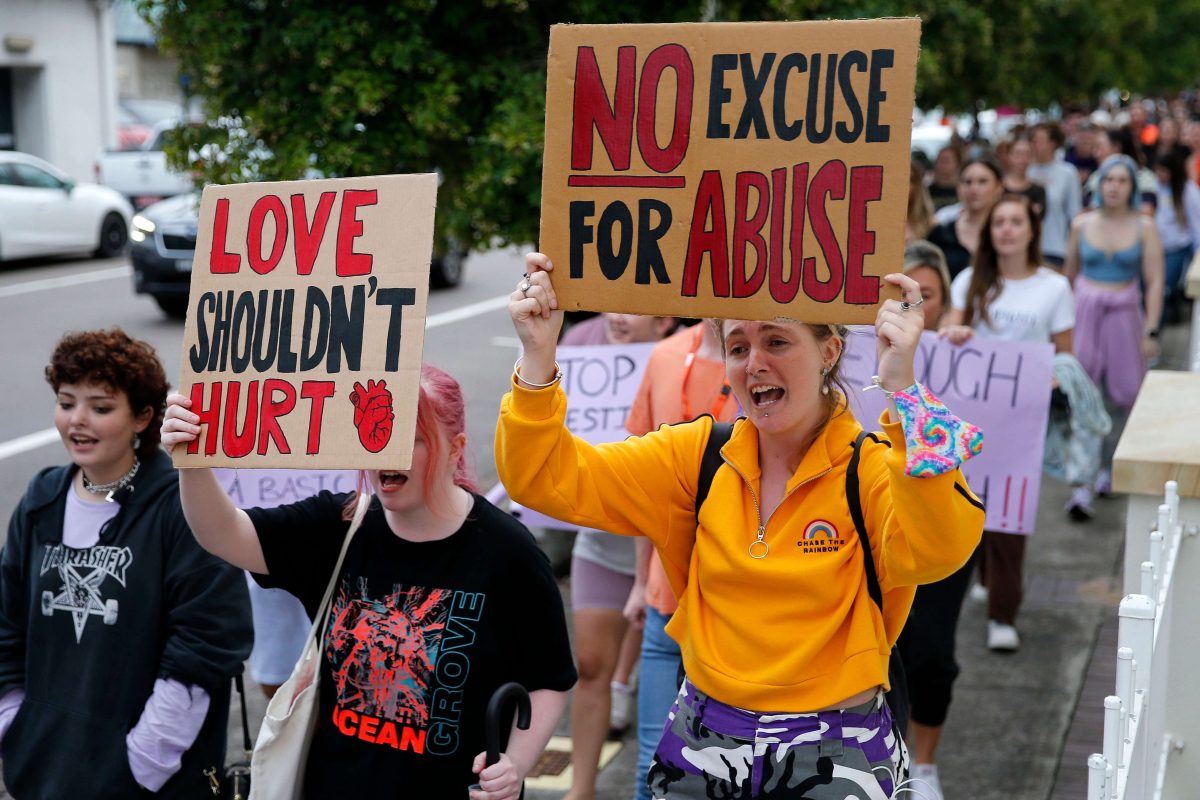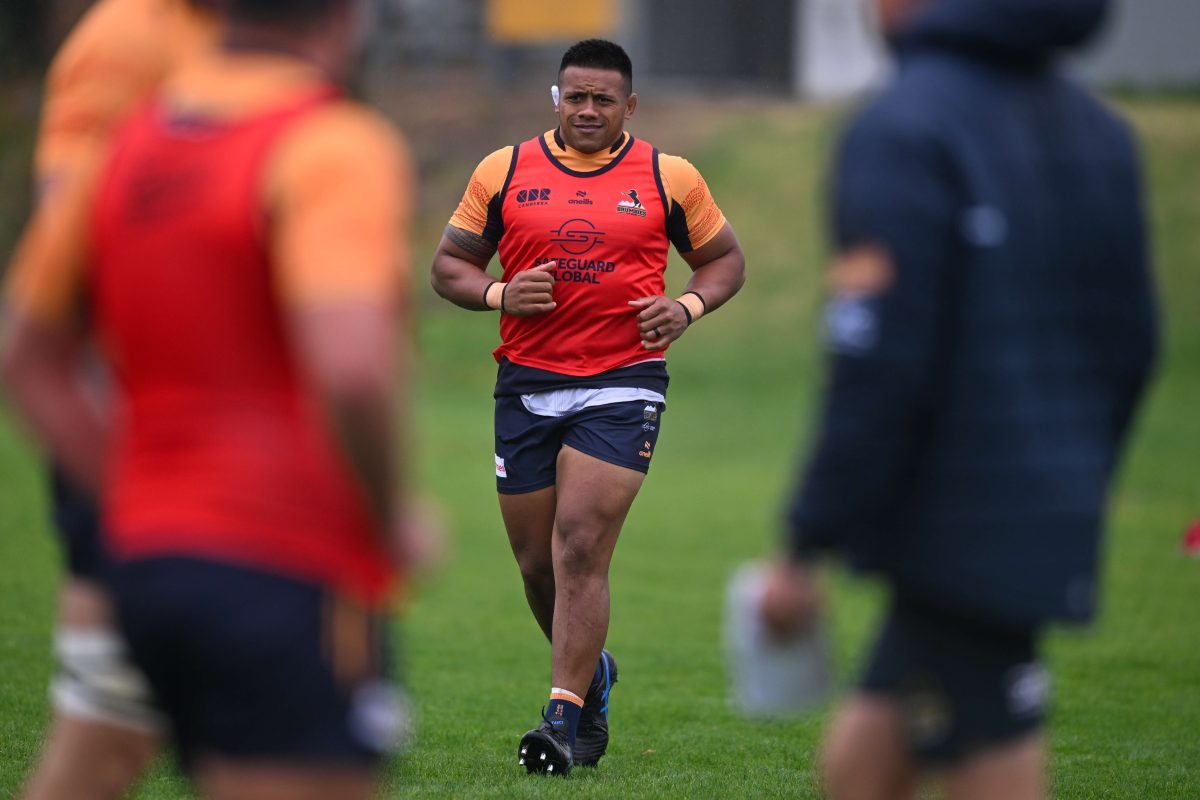
PUBLIC awareness of domestic violence is at an all-time high, says Susan Clarke-Lindfield, executive director of Toora Women, and yet funding for support for women experiencing it is still critically low.
Susan says that Toora Women set up a counselling service a year ago, but only has funding to run domestic violence support one day a week for about four women, and that the waiting list is huge.
Toora Women is a not-for-profit organisation which has been delivering support services to women locally since the early 1980s, in a range of ways – emergency accommodation, outreach, day programs, counselling, treatment and support services for women experiencing addiction and homelessness, as well as domestic violence, and for those exiting prison.
Funded through a combination of ACT Government, Commonwealth and the National Partnership Agreement, Susan says Toora Women faces the ever shrinking funding dollar but is grateful that funding contracts were recently renewed.
“Nevertheless, our clients have difficulty in obtaining the counselling support they need to process their trauma,” she says.
“It’s difficult to move on and break the cycle of violence, but timely and relevant skilled counselling can make all the difference to the feelings of worthlessness, shame, self-blame, fear and helplessness that family violence can cause.
“We have the offices, infrastructure and the demand in place – we just need more funding.”
Susan says that Toora has recently started streamlining its services.
“One of the major reasons that women are homeless in the ACT is because of domestic violence, and we were finding that many of our services were interlinked, like homelessness and drug and alcohol (AOD),” she says.
“We have our main areas of concern and a number of teams, but we’re working towards breaking down the barriers and making it easier for women to receive the support they need.
“Many women face one or all of these issues and have complex needs, so require a multidisciplinary team.
“Our new strategy is ‘one Toora, one team and one client journey’.”
With a background of 30 years in women’s services, Susan says she started working at Toora Women four years ago, and was drawn in by the diversity of the organisation and that it provides support for very complex issues, looking at the whole person.
“I like having the ability to work in grassroots service delivery, and find it’s easier to be innovative and to respond quicker to changing client needs,” she says.
She says Toora started 32 years ago as a Toora Wimmins Shelter, a homeless shelter for single women, then added the Heira domestic violence service, which led to drug and alcohol becoming a third focus.
Susan says that all Toora Women’s services are run by women to support women, with the understanding that social and political barriers faced by women mean that they may not get adequate treatment and support in mainstream services.
“Our main areas of concern include the fact that 21 per cent of our clients are over 55 and this is increasing,” she says.
Susan says that other concerns are that 16 per cent of Toora’s clients are Aboriginal or Torres Strait Islander, and 25 per cent of AOD clients have an ice addiction, as do a significant number of homeless clients.
“Sixty per cent of our homeless clients have experienced domestic violence, as have a significant number of clients on our AOD service, while 21 per cent are migrant women who speak no English, do not have permanent residency and have no income,” she says.
Susan says that Toora works to an empowerment model that validates women’s journeys, encourages them to make their own informed choices regarding their treatment, and supports and respects women’s choices.
For support with domestic violence or homelessness, call 6247 2399. For support with drug/alcohol addiction or counselling, call 6241 7233
Who can be trusted?
In a world of spin and confusion, there’s never been a more important time to support independent journalism in Canberra.
If you trust our work online and want to enforce the power of independent voices, I invite you to make a small contribution.
Every dollar of support is invested back into our journalism to help keep citynews.com.au strong and free.
Thank you,
Ian Meikle, editor




Leave a Reply